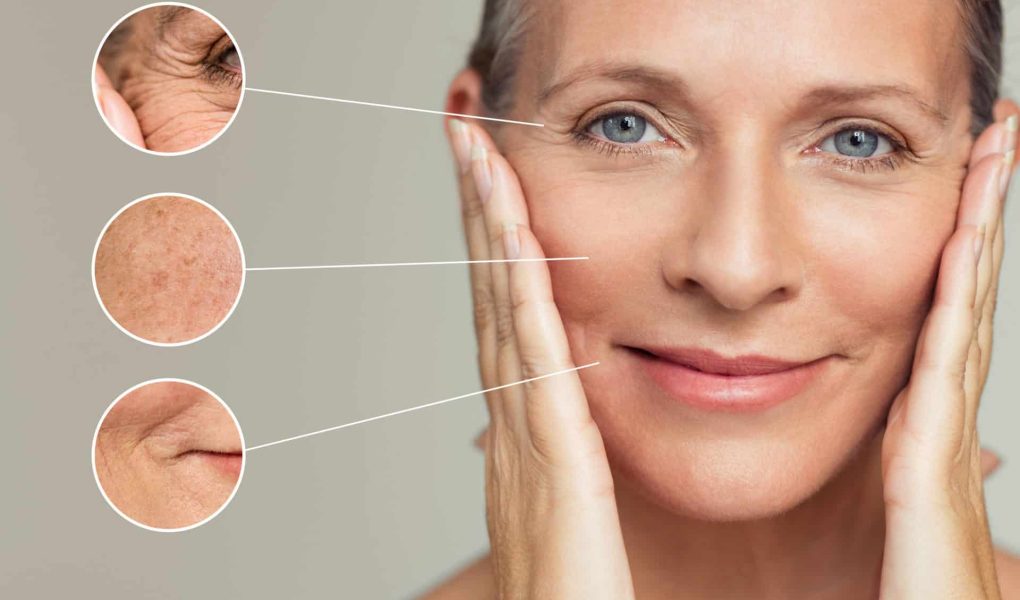Collagen is a protein that is found in the skin, hair, and nails, and it is essential for maintaining their structure and elasticity. As we age, our bodies naturally produce less collagen, a protein that’s essential for maintaining healthy skin, hair, and nails. This can lead to visible signs of aging, such as wrinkles, sagging skin, and dryness. But it’s not just the passage of time that can decrease collagen production – environmental factors like sun exposure and pollution can also contribute to collagen loss. So, what can we do to support collagen production and maintain a youthful, radiant appearance?
Overall, supporting collagen production is an important part of maintaining healthy, youthful-looking skin. By incorporating collagen-rich foods into your diet, using topical products that support collagen production, and protecting your skin from the sun, you can help to preserve and enhance your natural beauty.
Did you know that you can also boost your collagen production from within by adding certain foods or supplements to your diet? Here are some common options that may help to increase collagen production:
- Collagen peptides: Collagen peptides are small fragments of collagen that can be easily absorbed by the body. They are available in supplement form and can be added to drinks or foods like smoothies, oatmeal, or soups.
- Vitamin C: Vitamin C is essential for collagen production and is found in many fruits and vegetables, including oranges, strawberries, and bell peppers. It can also be taken in supplement form.
- Amino acids: Amino acids are the building blocks of collagen, and increasing your intake of amino acids may help to support collagen production. Foods that are high in amino acids include eggs, chicken, and fish.
- Bone broth: Bone broth is a rich source of collagen and other nutrients that may support collagen production. It can be made at home by simmering bones and connective tissue in water for several hours, or it can be purchased in liquid or powdered form.
- Antioxidant-rich foods: Antioxidant-rich foods, such as berries, leafy greens, and sweet potatoes, may help to protect collagen from damage caused by free radicals.
- Citrus fruits: Citrus fruits, like lemons and oranges, are high in vitamin C, which is important for collagen production.
- Leafy greens: Leafy greens, like spinach and kale, are high in antioxidants and nutrients that may help to support collagen production.
- Legumes: Legumes, like beans and lentils, are high in protein and amino acids, which are important for collagen production.
- Nuts and seeds: Nuts and seeds, like almonds and sunflower seeds, are high in vitamin E, which may help to protect collagen from damage caused by free radicals.
- Red and yellow vegetables: Red and yellow vegetables, like tomatoes and carrots, are high in lycopene and beta-carotene, which may help to protect collagen from damage caused by free radicals.
In addition to dietary sources of collagen, there are also topical products that can support collagen production and improve the appearance of aging skin. Look for products that contain ingredients like retinol, vitamin C, and hyaluronic acid, which have been shown to stimulate collagen production and improve skin texture and elasticity. It’s also important to protect your skin from the sun by wearing broad-spectrum sunscreen and covering up when outdoors, as UV radiation can damage collagen and accelerate the aging process.
It’s worth noting that the effectiveness of these collagen-boosting options may vary from person to person. It’s always a good idea to consult with a healthcare provider before adding any new supplements or foods to your diet.




